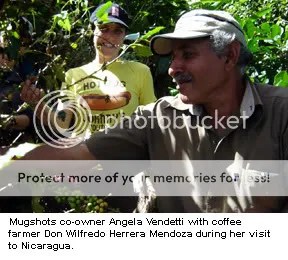Get up early in the morning before the family awakens. Collect the firewood. Light the stove. Grind the corn that you prepared the night before and start making the pile of tortillas that will accompany your family’s meals throughout the day. The fire is burning, the beans are cooking… and the smoke is filling the kitchen, as well as your lungs…


Most of us don’t think too much before we light up our stoves in preparation for cooking a meal. Yet, unfortunately, this daily activity which nourishes our bodies and brings families and communities together, can also severely impact the health of rural women in the Global South. The quantity of smoke they’re breathing and the amount of time they spend in their kitchens adds up over the course of a lifetime. In fact, respiratory illnesses are one of the most common maladies that afflict the rural poor in Central America.
It’s not just the health of women that suffers through this manner of cooking, however. As you can see from the photos above, it also takes a lot of firewood to keep temperatures hot. The constant gathering of ever more firewood is not only an exhaustive chore, but is also one of the primary causes of deforestation in the countryside. Ultimately deforestation causes a host of other environmental problems, such as soil erosion, decreased rainfall and water yields, as well as loss of wildlife habitat. We now know that the rapid rate at which we’re destroying our forests is contributing to global climate change and more severe and more frequent natural disasters.
But in Boaco, Nicaragua, the Tierra Nueva Union of Co-operatives is changing all this. “We have to reduce our firewood consumption. The biggest drain on the forest is the need for firewood, so we’re going to help our members acquire new fuel-efficient stoves that will eliminate the need to cut down so much wood,” explains Pedro Rojas, president of Tierra Nueva. (more…)



 “Leading a business with your ideals? You must be crazy.”
“Leading a business with your ideals? You must be crazy.”


